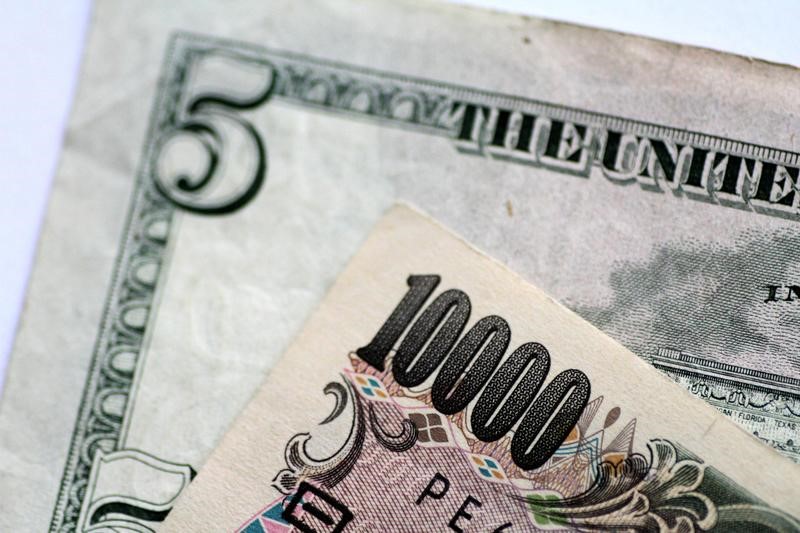Investing.com — Most Asian currencies weakened slightly on Friday as the dollar retained much of its weekly gains on expectations of a slower pace of interest rate cuts from the Federal Reserve.
The Japanese yen remained near its weakest level in three months as Japan prepared for a closely contested general election this weekend, while verbal warnings about possible currency market interventions also kept traders wary of the currency.
Most Asian currencies posted losses this week as a mix of factors hit risk aversion, although the yen, traditionally a safe haven, was the worst performer this week.
USDJPY remains near 152 with elections and intervention in focus
The yen pair remained near a three-month high at around 152 yen, heading for a 1.6% gain this week – the fourth straight week of gains.
Sentiment towards Japanese markets was largely tense ahead of Sunday’s general election, where local polls showed an alliance led by the ruling Liberal Democratic Party could struggle to reach a majority.
This could leave Prime Minister Shigeru Ishiba facing an uphill battle to implement more economic reforms, while increased political uncertainty is also expected to undermine expectations for more rate hikes from the Bank of Japan.
Consumer inflation data from Tokyo showed inflation fell slightly less than expected in October but remained below the BOJ’s annual target of 2%. The data usually heralds a similar reading of national inflation data.
The yen strengthened slightly as government officials continued to warn about possible interventions in the foreign exchange market given the yen’s recent weakness.
Dollar poised for fourth week of gains
Trading in Asia remained steady and was on track for a fourth straight week of gains. The dollar traded about 0.6% higher this week.
In addition to bets on smaller interest rate cuts, the dollar was also supported by increasing bets that Donald Trump will win the 2024 presidential election. Recent polls and online prediction markets place Trump ahead of Democratic candidate Kamala Harris.
Trump’s policies are expected to be inflationary, which will improve prospects for US interest rates in the long term.
Concerns about tighter US interest rates led to weakness in Asian markets, with most regional currencies heading for weekly declines.
The Chinese yuan pair rose 0.1% on Friday and was expected to rise 0.3%. A meeting of the Chinese National People’s Congress, initially scheduled to take place in late October, now appeared to be postponed until November.
The Australian dollar pair {{|AUDUSD}} fell 0.3% on Friday, while the South Korean won pair rose 0.7%.
The Singapore dollar pair rose 0.2%, while the Indian rupee pair hovered near record highs.


